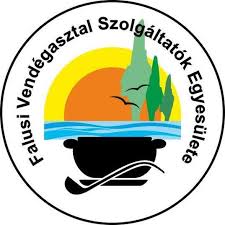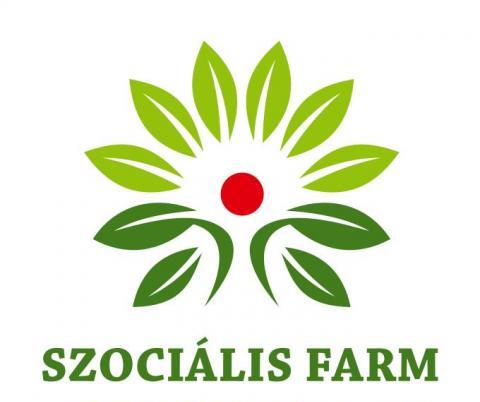
September 3-4, 219, Utrecht, Netherlands
Following a year of intense work, data collection and research in 9 European countries, the 43 partners of the SMARTCHAIN project gathered in Utrecht last week to discuss the achievements and ways forward. During the meeting crucial steps were taken to define collaborative short food supply chains considering social, environmental and economic aspects
[ide a találkozó fényképe]One of the highlights of the event, was the launch of the demand-driven, short food supply chain gamification model in the Netherlands by the project’s partners: Utrecht University and Amped.
The game is developed on the Gain transition model, which is a conceptual framework that is widely recognized and utilized within the Dutch food transition to explain the various network/collaboration levels of the sustainable food transition and short food supply chains.
LEVEL I – A local food system can be formed through collaboration between several partners.
LEVEL II – Collaboration between Local2Local and a regional network of stakeholders.
LEVEL III – Includes initiatives that aim to facilitate collaboration among these local food systems on a national scale.
LEVEL IV – refers to European coordination among EU member states, for instance through funding and research of the SMARTCHAIN project, linkages to the Sustainable Development Goals (SDGs) and European targets regarding carbon emissions and climate change.
The Gain transition model is a useful tool to analyse four network levels of collaborative short food supply chains; local, regional, national and European (see below).
[ide a táblázat, amelyben LEVEL I — LEVEL IV van]Since the GAIN transition model is in line with the central objective of the SMARTCHAIN project to accelerate the sustainable food transition, through the facilitation of collaboration between the short food supply chain actors, a development of a basic gamification concept was incorporated as a key task.
The SMARTCHAIN’s gamification model aims at incorporating game elements (such as points, goals, and rewards) into non-game contexts that increases user engagement in the process and offers unique opportunities to identify and mobilize this force. Therefore, the model will develop i) a strategy and roadmap for building the “short food supply chain community” and design the gamification method on a local, regional, national and European scale defining the epic wins/goals, game concept, game mechanics, data model, financial model, legal framework and marketing strategy. The goal is to build the community of short food supply chains in the SMARTCHAIN platform for further implementation.
It is the SMARTCHAIN projects’ ambition to facilitate the collaboration within food supply chain and to develop a model which will allow this chain not only to be shorter, but also smarter.















